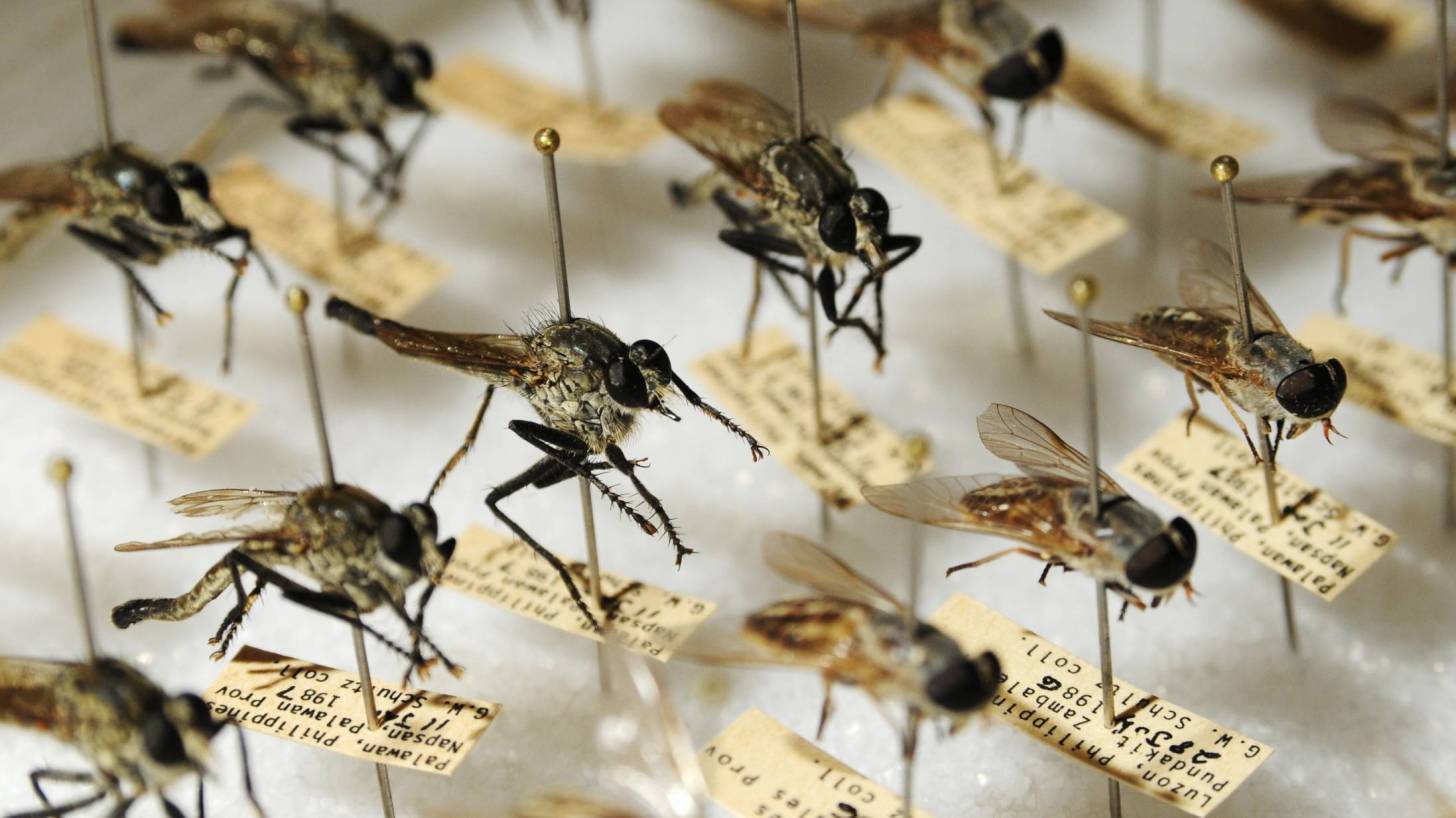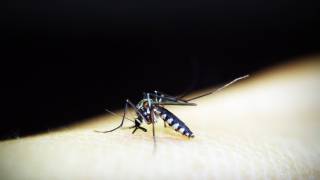Three Viruses From Just One Mosquito Bite?

Researchers have found that the Aedes aegypti mosquito, which carries the Zika virus, might also transmit both the chikungunya and dengue viruses with just one bite.
These scientists said that coinfection, which is not fully understood, may be fairly common in areas that are having outbreaks.
"A mosquito, in theory, could give you multiple viruses at once," said Claudia Ruckert, post-doctoral researcher in Colorado State University's (CSU) Arthropod-borne and Infectious Diseases Laboratory.
In the paper produced in the journal Nature Communications, the research team stated that the chikungunya, dengue, and Zika viruses are all transmitted to humans by Aedes aegypti mosquitoes. These mosquitoes live in tropical, subtropical, and in some temperate climates.
As these viruses continue to emerge in new regions, the likelihood of coinfection by multiple viruses may be increasing.
According to this study, the first report of chikungunya and dengue virus coinfection occurred in 1967. More recently, coinfections of Zika and dengue viruses, Zika and chikungunya, and all three viruses have been reported during various outbreaks.
Ruckert said the research team found that mosquitoes in the lab can transmit all three viruses at once, although this is likely to be very rare in nature.
"Dual infections in humans, however, are fairly common, or more common than we would have thought," Ruckert said.
Greg Ebel, director of the Arthropod-borne and Infectious Diseases Laboratory and co-author of the study, said the results were surprising.
"Based on what I know as a virologist, epidemiologist, and entomologist, I thought that the viruses would either compete or enhance each other in some way," he said.
"On the one hand, all of these viruses have mechanisms to suppress mosquito immunity, which could lead to synergy. On the other hand, they all likely require similar resources within infected cells, which could lead to competition. We didn't see much evidence of either one of these things in mosquitoes that were infected in the lab by multiple viruses."
During 2016, concerns about these virus skyrocketed after a link was found between Zika virus infection and microcephaly in Brazil. Microcephaly is when a baby is born with a small head and has incomplete brain development.
Dengue and chikungunya virus symptoms are similar to an infection with Zika virus and can also include joint and bone pain, nose or gum bleeding, and bruising.
"There's no strong evidence that coinfection of humans results in infections that are clinically more severe," Ruckert said.
However, this is contradictory to other studies that have found a possible link between neurological complications and coinfection.
It is also likely that coinfections in humans are significantly underdiagnosed.
"Depending on what diagnostics are used, and depending on what the clinicians think, they might not notice there's another virus," Ruckert said. "It could definitely lead to misinterpretation of disease severity."
Ruckert and the CSU team are now taking a closer look at what happens when mosquitoes are infected with multiple viruses. They'll explore how a coinfection affects the evolution of viruses within the mosquito.
"We will study how these virus-mosquito interactions change when there are two viruses, what gets transmitted from a coinfected mosquito, and how that differs from a mosquito infected with one virus," Ruckert said.
No conflicts of interest were reported by these researchers: Claudia Rückert, James Weger-Lucarelli, Selene M. Garcia-Luna, Michael C. Young, Alex D. Byas, Reyes A. Murrieta, Joseph R. Fauver, Gregory D. Ebel. Department of Microbiology, Immunology, and Pathology, Colorado State University, Fort Collins, Colorado 80523, USA.
Our Trust Standards: Medical Advisory Committee
- Mosquitoes that spread Zika virus could simultaneously transmit other viruses
- Impact of simultaneous exposure to arboviruses on infection and transmission by Aedes aegypti mosquitoes
- Evolutionary enhancement of Zika virus infectivity in Aedes aegypti mosquitoes
- Northern range expansion of the Asian tiger mosquito (Aedes albopictus): Analysis of mosquito data from Connecticut, USA


























